The Melting Point
High Command and War in the 21st Century by General Frank McKenzie, USMC (Ret) - A Combatant Commander’s Insights on Managing Modern Conflict and Crisis
“I set out to explain what the job of a combatant commander entails—from coordinating theater-wide operations to navigating high-stakes decisions with national leaders.” – General Frank McKenzie
As the quote above explains, General Frank McKenzie's The Melting Point attempts to describe a combatant commander's role during war and crisis. The timeframe covers the period when the author was the Central Command or CENTCOM Theater Commander from 2019 to 2022. McKenzie states that the title was taken from Barbara Tuchman's The Guns of August, where Tuchman referenced “that melting-point of warfare–the temperament of the individual commander.” Unlike the CJCS and Service Chiefs, a combatant commander is in the chain of command at the melting point between policy and execution.
Gen McKenzie graduated from the Citadel in 1979 and received a commission in the Marine Corps. He became an infantry officer, led an infantry platoon, and commanded at the company, battalion, Marine Expeditionary Unit (MEU), and component headquarters levels. The book goes into greater detail about his experience in Afghanistan, including combat deployments as a MEU commander and multiple tours as a planner at both the theater and national levels.
This is an interesting and insightful book full of details on CENTCOM Operations and decisions. I initially struggled to keep an open mind. I’m still angry, as I’m sure many who read this review are, about the way we withdrew from Afghanistan. I started reading the book with a heavy dose of skepticism and contempt. I finished the book still angry about the manner in which the withdrawal took place but with a much greater appreciation for the complexity of the Central Command and the responsibilities and authority of a Combatant Commander.
That said, this book is about more than the U.S. withdrawal from Afghanistan.
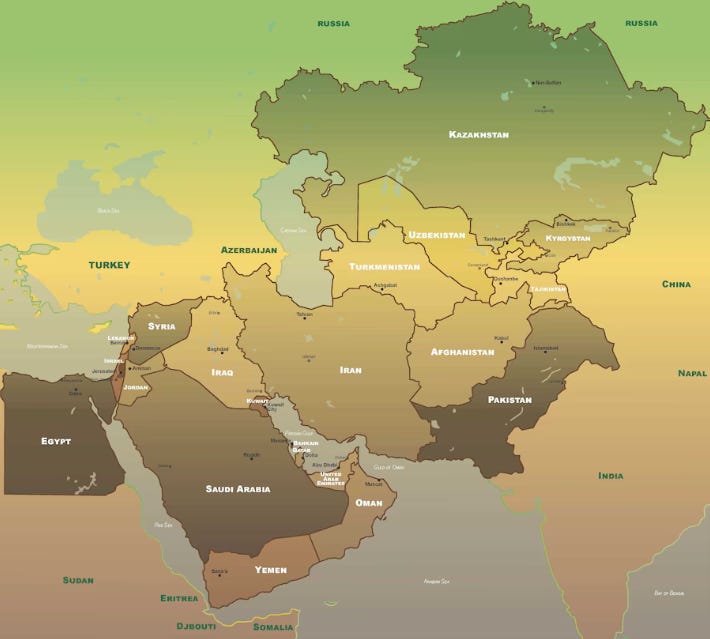
Why and Who Should Consider Reading It:
The book covers the culmination of 20+ years of war in the CENTCOM AOR. You might be interested in reading it to get the Combatant Commander’s viewpoint on the decision to withdraw from Afghanistan and the withdrawal itself (which are two different topics). But I think, more importantly, you should read it to learn more about the interaction between our theater commanders, the Joint Staff, the Secretary of Defense (SECDEF), and the President (and his advisors). The author provides some significant insights.
The Melting Point will interest military professionals, policymakers, and anyone interested in recent U.S. operations. It’s insightful and thought-provoking, providing readers with insights from a theater commander’s perspective they may not get from other sources that write about this time period. Another reason for a greater American audience to read The Melting Point is to learn more about U.S. Operations abroad. We have a lot going on. I think the average American would be surprised.
Key Themes and Insights
Civilian Control of the Military
McKenzie stresses the importance of civilian control over the military, a principle that underpins U.S. military strategy and operations. This theme runs throughout the book as the balance between military action and civilian oversight is discussed. He also explains his opinion of senior military leaders' decisions to resign.Disconnect Between National Strategy and White House Vision
A topic in The Melting Point is the disconnect between the White House's vision and the Department of Defense's National Defense Strategy (NDS). This misalignment led to frequent disputes over troop allocations, forcing reliance on stop-gap solutions rather than cohesive long-term strategies.Deterrence by Denial
McKenzie explores the concept of deterrence by denial, which creates cognitive doubt in the enemy’s mind that their objectives can be achieved. This contrasts with deterrence by punishment.Organizational Friction
In large organizations, McKenzie notes that friction and uncertainty are inevitable unless the commander continually emphasizes the key priorities. He highlights the challenge and importance of ensuring subordinate commanders who are both experienced and of high rank (2 and 3 stars) understand the plan and intent.Iran’s Overmatch Capability
McKenzie observed that Iran had developed the capability to achieve "overmatch" against its neighbors, meaning they could overwhelm key defense systems.Afghanistan Withdrawal
McKenzie candidly reflects on the U.S.-Taliban agreement, stating that setting a firm withdrawal date was a significant strategic error. The book details the four key components of the agreement, including the first asserting that the Taliban would commit to ensuring that al Qaeda and other terrorist groups would not use Afghanistan's territory to threaten the security of the United States or its allies. It also highlights McKenzie’s regret over endorsing the language that enabled dates to forego conditions.
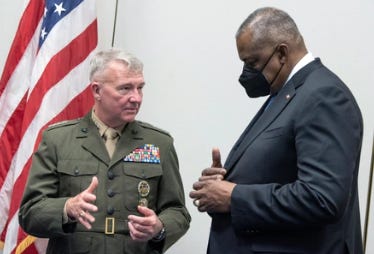
Key Events Covered in the Book
The death of ISIS leader Abu Bakr al-Baghdadi in a U.S. special operations raid in Syria.
The U.S. drone strike that killed Iranian General Qassem Soleimani (Quds Force Commander, Islamic Revolutionary Guard Corps (IRGC) escalating U.S.- Iran tensions.
The Iranian downing of a U.S. MQ-9 Reaper.
The transfer of Israel from U.S. European Command (EUCOM) to CENTCOM’s AOR.
The U.S. military’s evacuation of 124,000 people during the collapse of the Afghan government.
The strategic significance of Iran using Syria as a land bridge to supply proxy forces such as Hezbollah and Hamas.
The future of warfare and the potential use of atomic weapons.
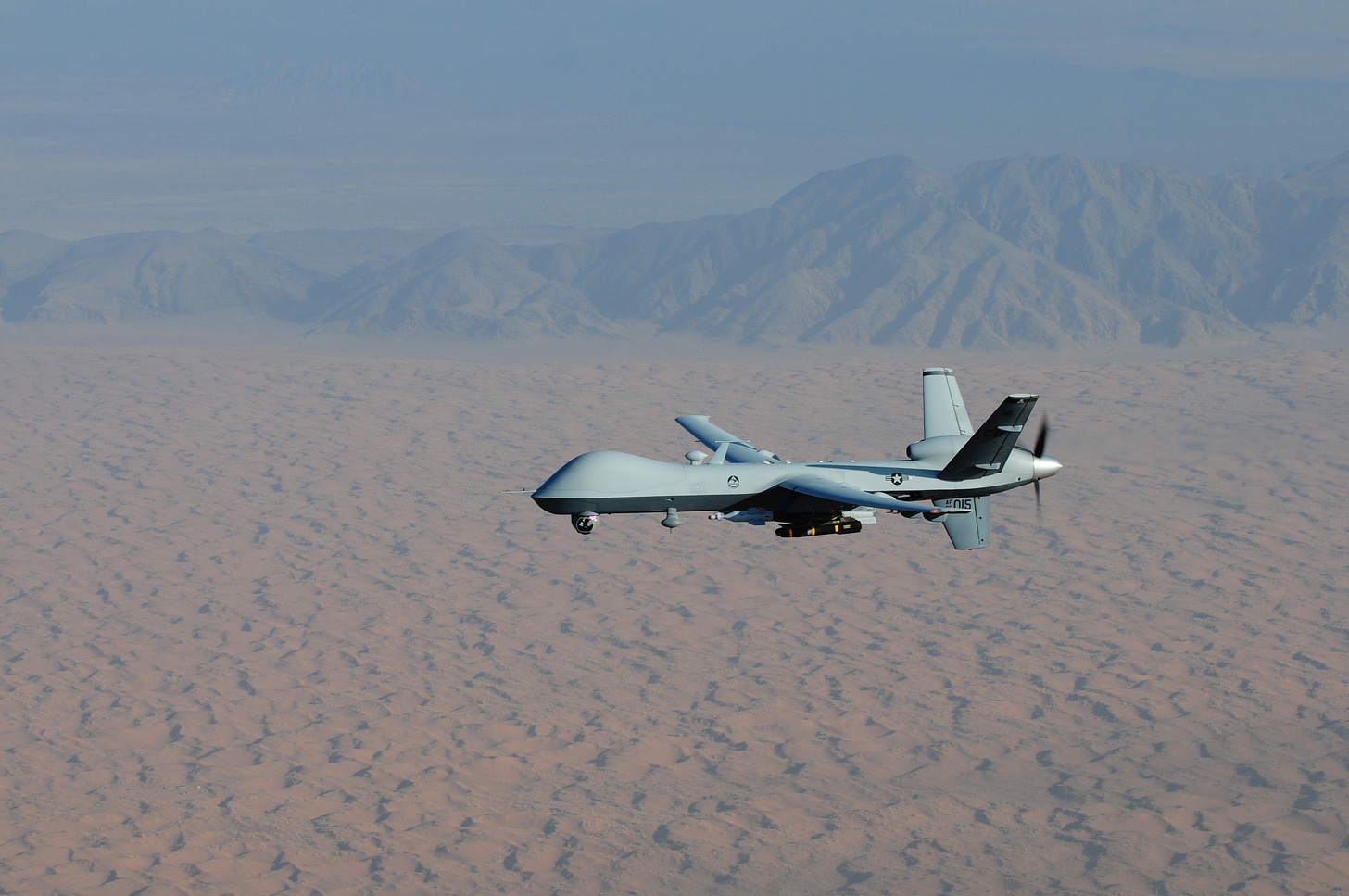
I thought McKenzie's writing style was easy to read, direct, and very accessible to a broader audience beyond the military. He does a good job of keeping the complex simple to understand while at the same time getting into enough detail to keep a military audience engaged. My only frustration with his writing is the use of words that are rarely used. I joked while reading that either General McKenzie has a tremendous vocabulary or he has too close a relationship with his thesaurus. In each case, the word choice made perfect sense, but only after I looked them up to see what they meant. (I can hear the jokes already)...
The Melting Point is an insightful view of what it means to lead in crisis, providing readers with an insider’s view of the tensions between military execution and political strategy. General McKenzie’s honest reflections make this more than just a recounting of key military events; it studies how our national strategy, political goals, and military execution intersect (or don’t).
While not the central theme of the book, the gap between how forces are actually deployed and the objectives outlined in our National Defense Strategy (NDS) raises an important question: McKenzie asks the question, where is the great power competition truly taking place? Our primary pacing threat, China, has interests beyond the South China Sea. We must not overlook great power competition in regions like the Middle East, Africa, and Eastern Europe. Both China and the U.S. have global interests. Is our focus on the Pacific overstated?
These questions and more make this book essential reading for military professionals, policymakers, and anyone looking to understand decision-making challenges at the highest levels of command. It reminds us how strategy and politics combine at the highest levels of government and how military commanders are at the melting point between politics and policy execution.
If you would like to purchase this book, you can do so here: The Melting Point
Tags: Book Reviews, Defense Strategy, New Reads





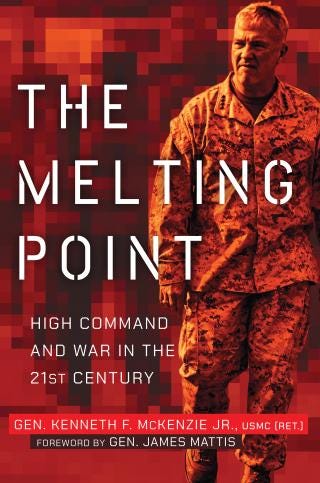
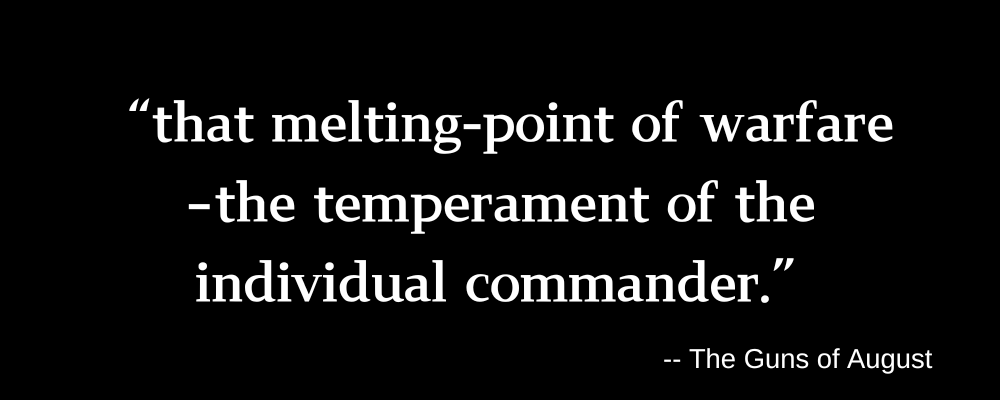
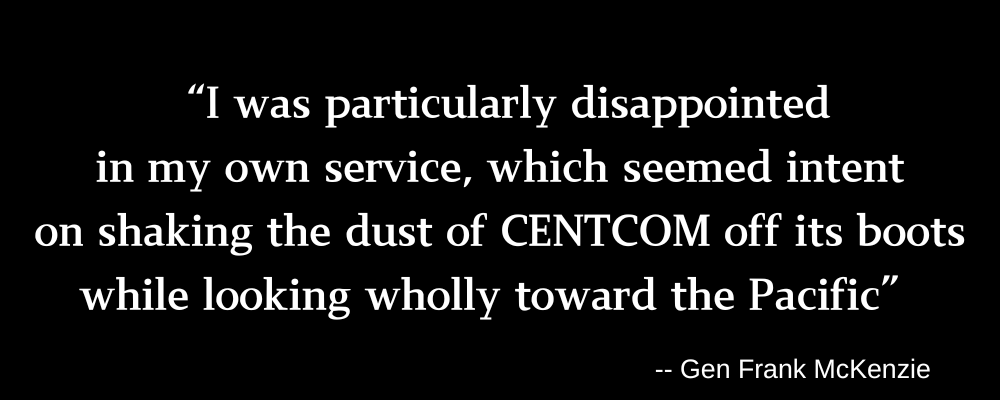
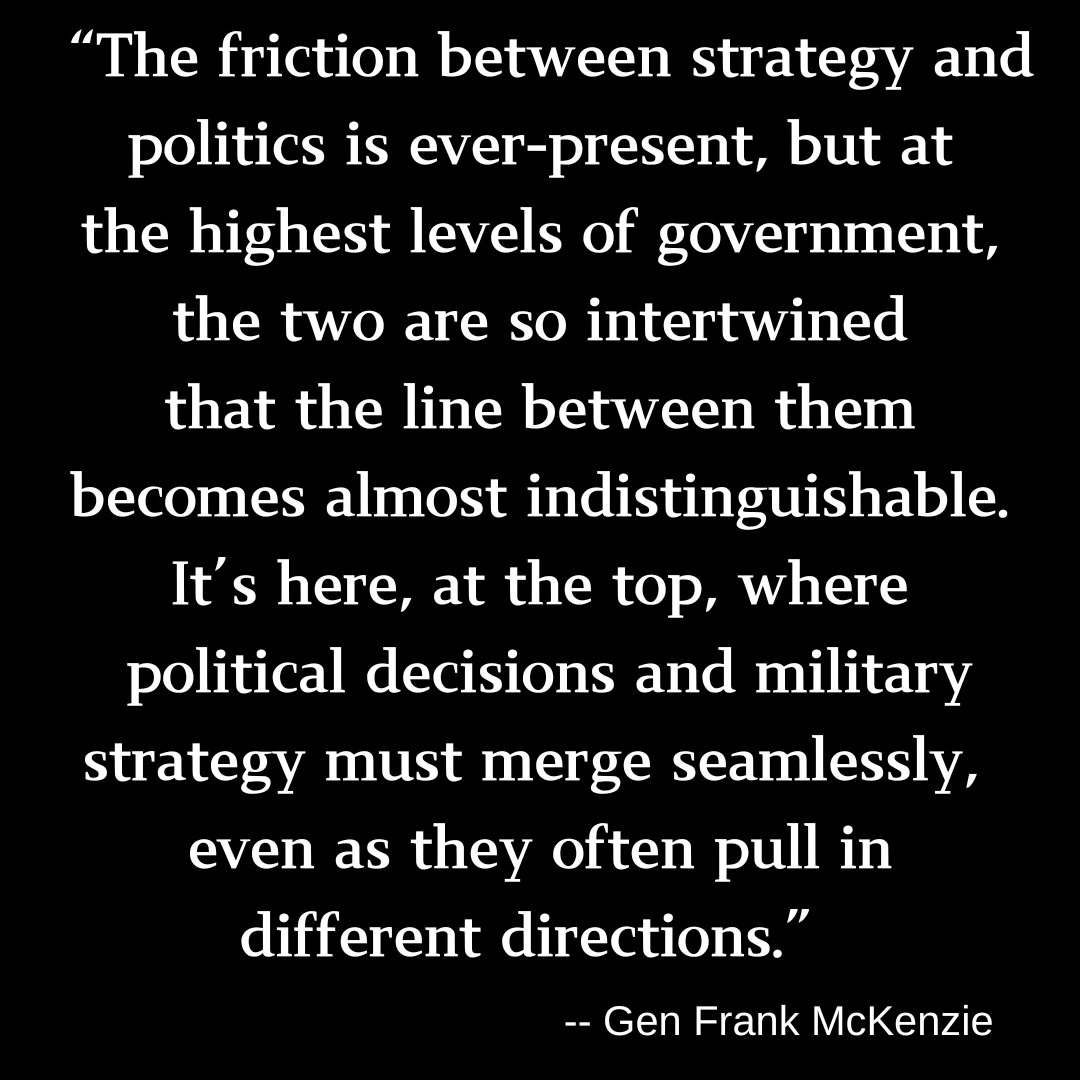
Just to touch base, I truly enjoy your insightful reviews.